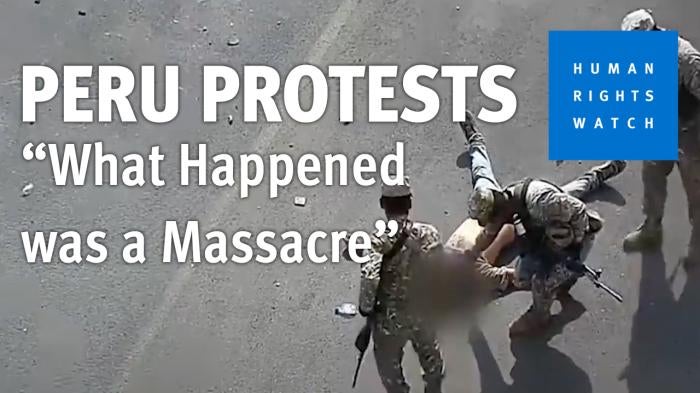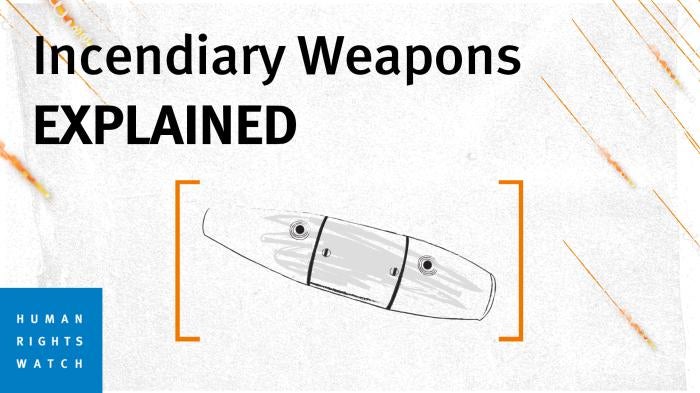June 3, 2024
They Fired on Us Like Rain
In 2023, Human Rights Watch researcher Nadia Hardman came across a letter the United Nations had sent to the government of Saudi Arabia expressing concern over the killing of Ethiopian migrants who were attempting to enter the kingdom - including a mention of a mass grave of up to 10,000 in a remote border region. Nadia's












